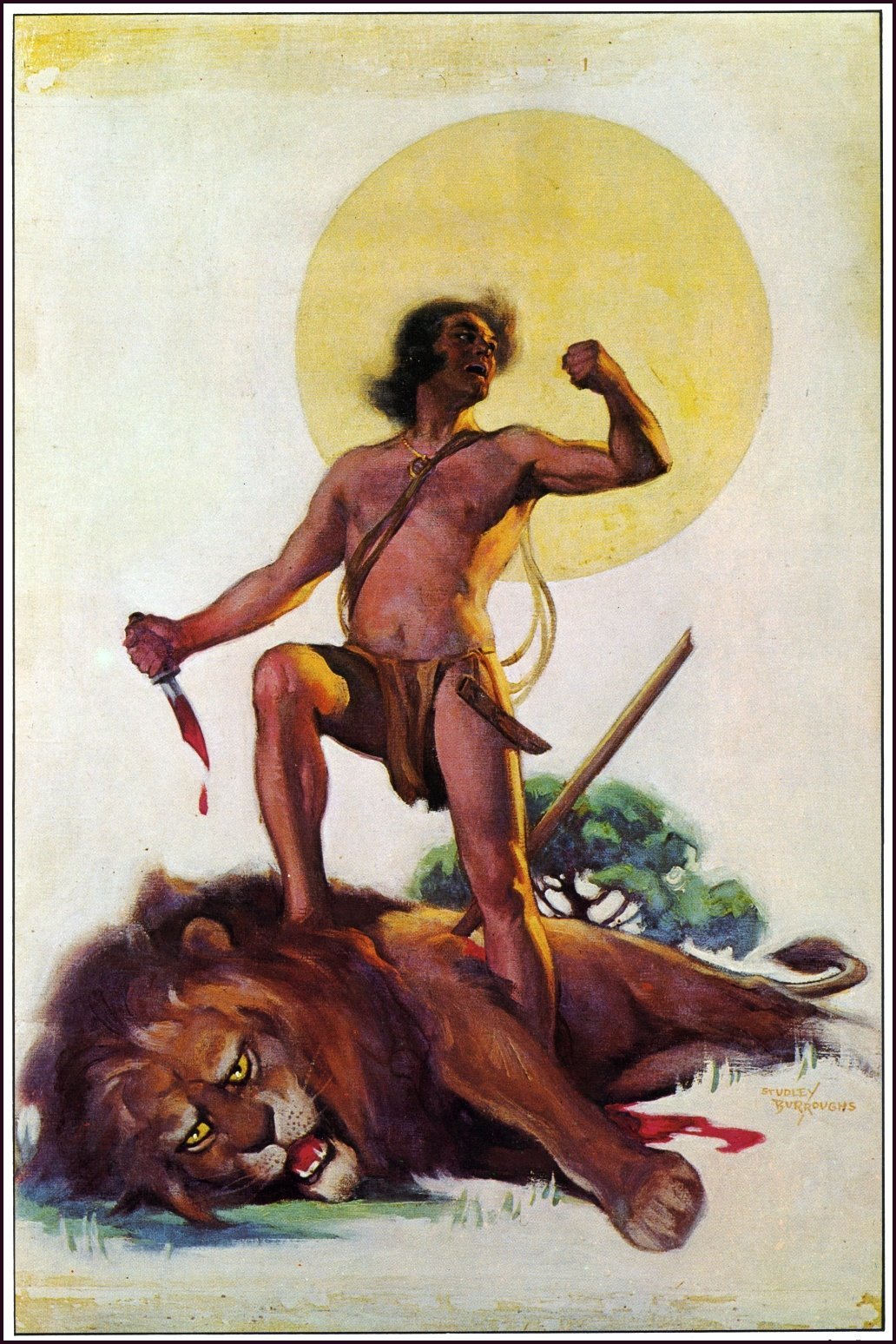“A kind of literary amnesia” about Violence
The Boston Globe’s recent interview with Michelle Ann Abate, professor of children’s literature at Ohio State, included this discussion of violence in books for young readers:
Abate is author or editor of half a dozen books of literary criticism, including Bloody Murder: The Homicide Tradition in Children’s Literature, Raising Your Kids Right: Children’s Literature and American Political Conservatism, and Over the Rainbow: Queer Children’s and Young Adult Literature, with Kenneth B. Kidd.
IDEAS: You went back and reread children’s books from throughout history for your research. Did those books become more violent and realistic over time?The Tarzan books don’t seem to be written for children, but then neither did Suzanne Collins write The Hunger Games for all ages.
ABATE: It’s actually the opposite of that. I was also surprised by the level of specificity and by the sensational nature of what I was reading. We tend to think of today’s young adult books as being more realistic. But the earlier books were incredibly graphic and violent. Edgar Rice Burroughs’s “Tarzan of the Apes,” which was first released as a magazine serial in 1912, is a great example. There are tons of killings—people killing people, people killing animals, animals killing people. All of them are really gruesome and gory. The same thing’s true of “Alice in Wonderland” and a bunch of other classics, books that would never be challenged today. These examples are all conveniently forgotten when there’s a public outcry about a particular book for being so graphic and so violent. It’s almost a kind of literary amnesia.
IDEAS: It sounds like you’re talking about “The Hunger Games.”
ABATE: It’s funny—“The Hunger Games” gets so much bad press for promoting violence. But actually the books are doing the exact opposite. The entire first book is a cautionary tale about the horrors of violence and the senselessness of killing. It’s not glorifying violence, it’s condemning it with very little ambiguity. When you have a parent or a school board complaining about these books, in many cases they haven’t read the books themselves, or they’re picking out a chapter, a page, a scene.
Abate is author or editor of half a dozen books of literary criticism, including Bloody Murder: The Homicide Tradition in Children’s Literature, Raising Your Kids Right: Children’s Literature and American Political Conservatism, and Over the Rainbow: Queer Children’s and Young Adult Literature, with Kenneth B. Kidd.



No comments:
Post a Comment